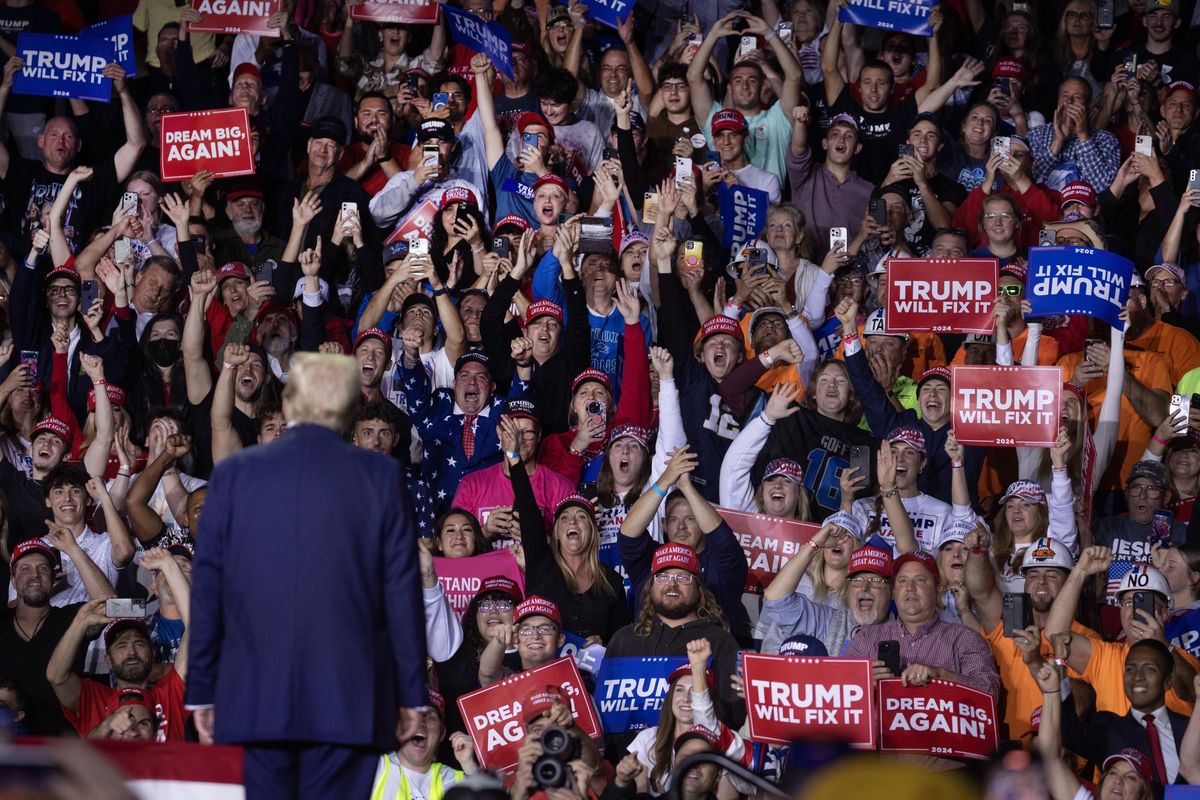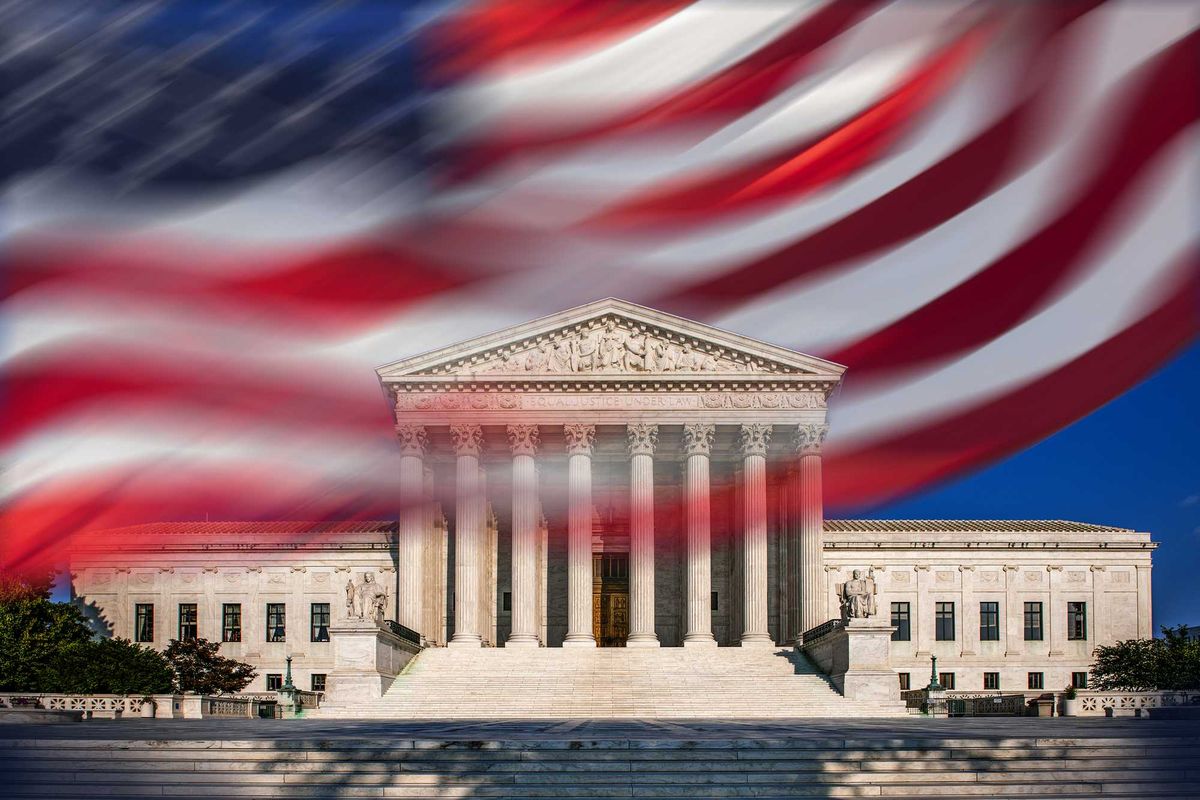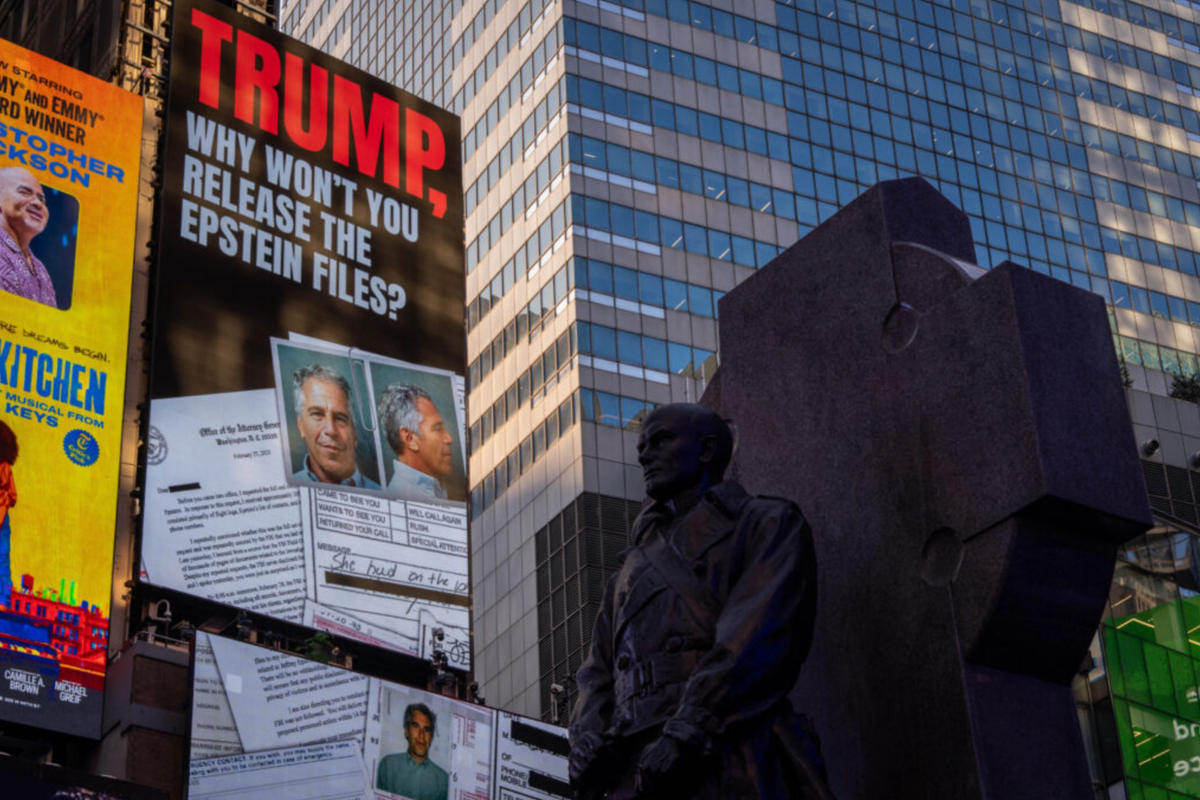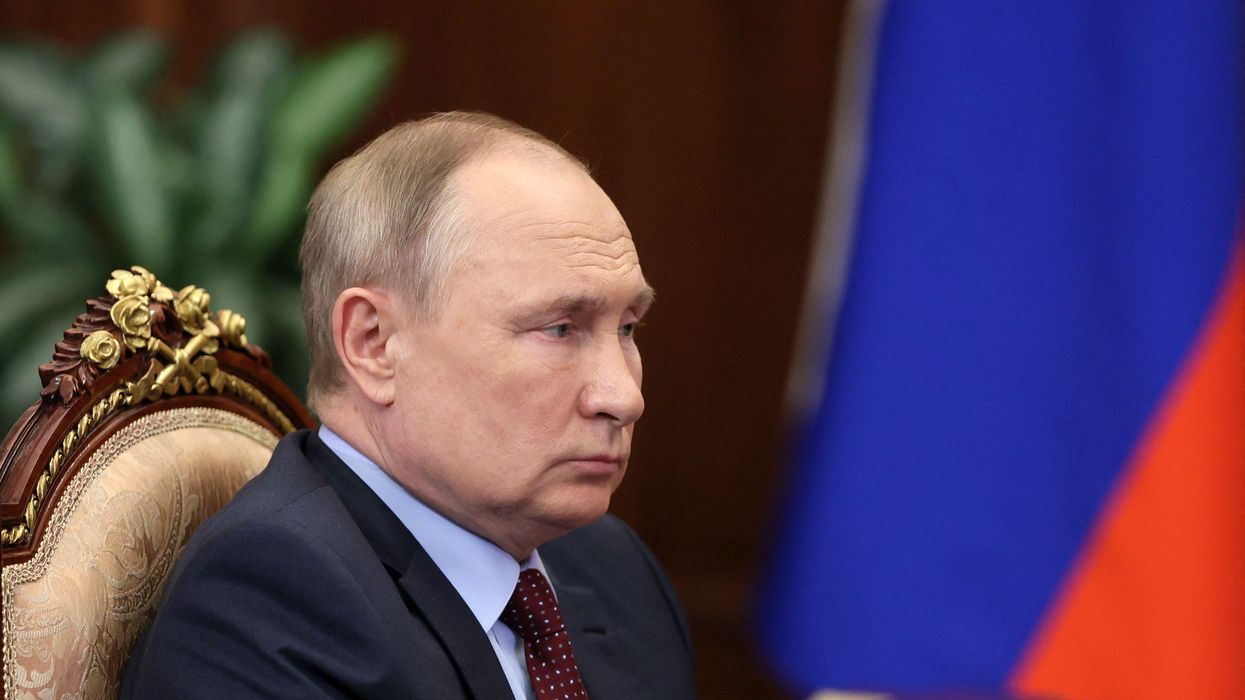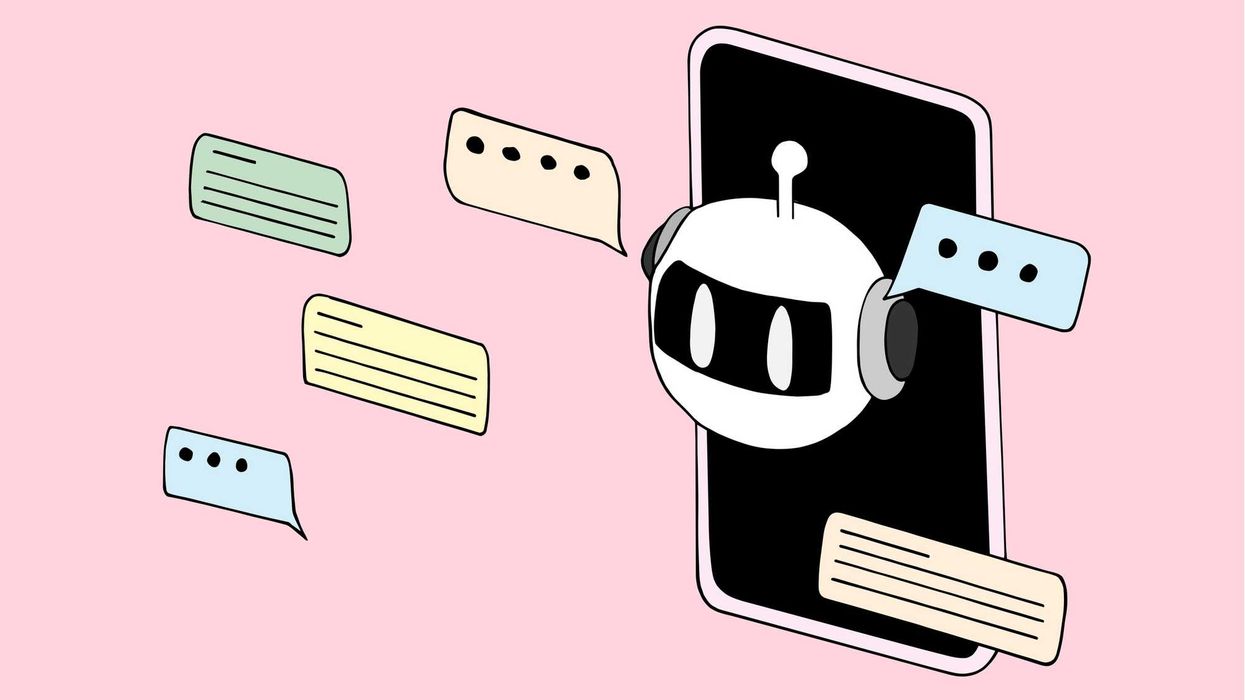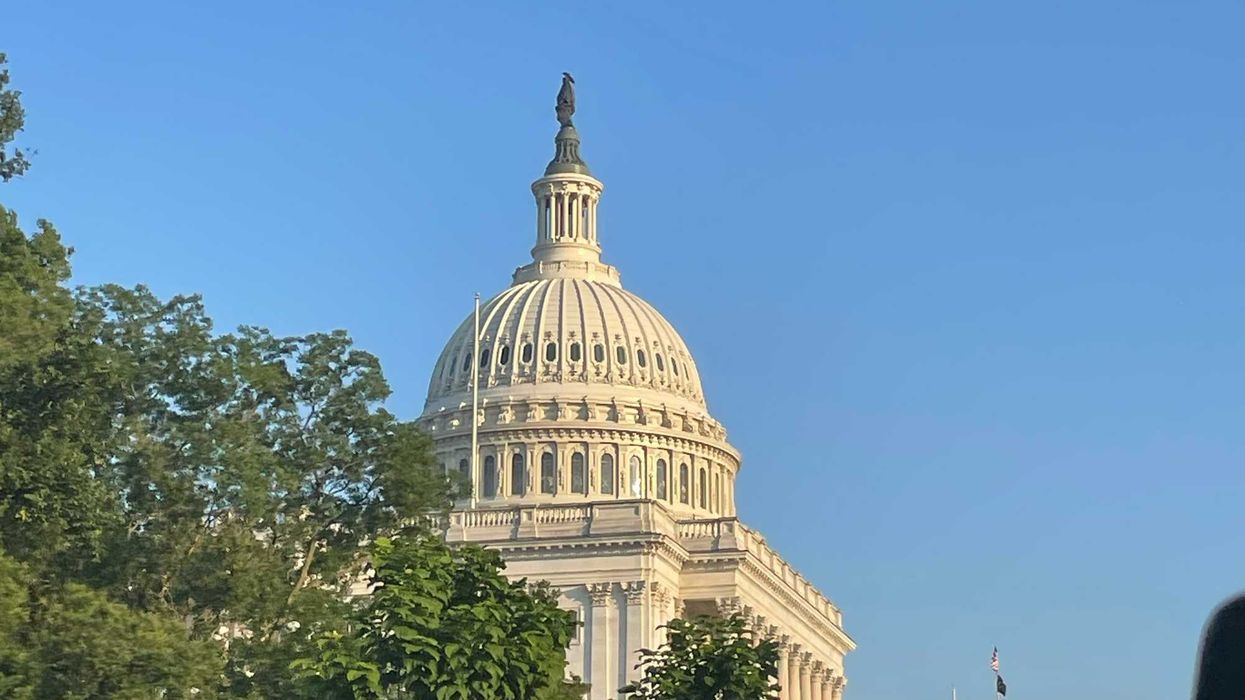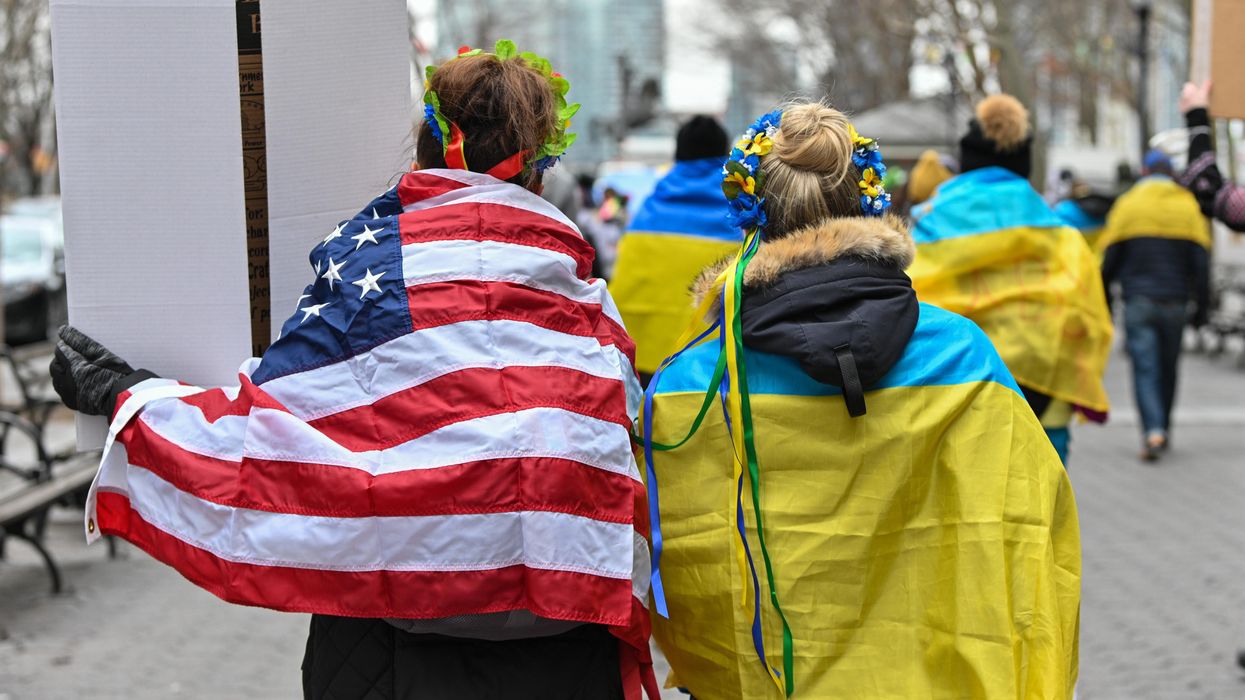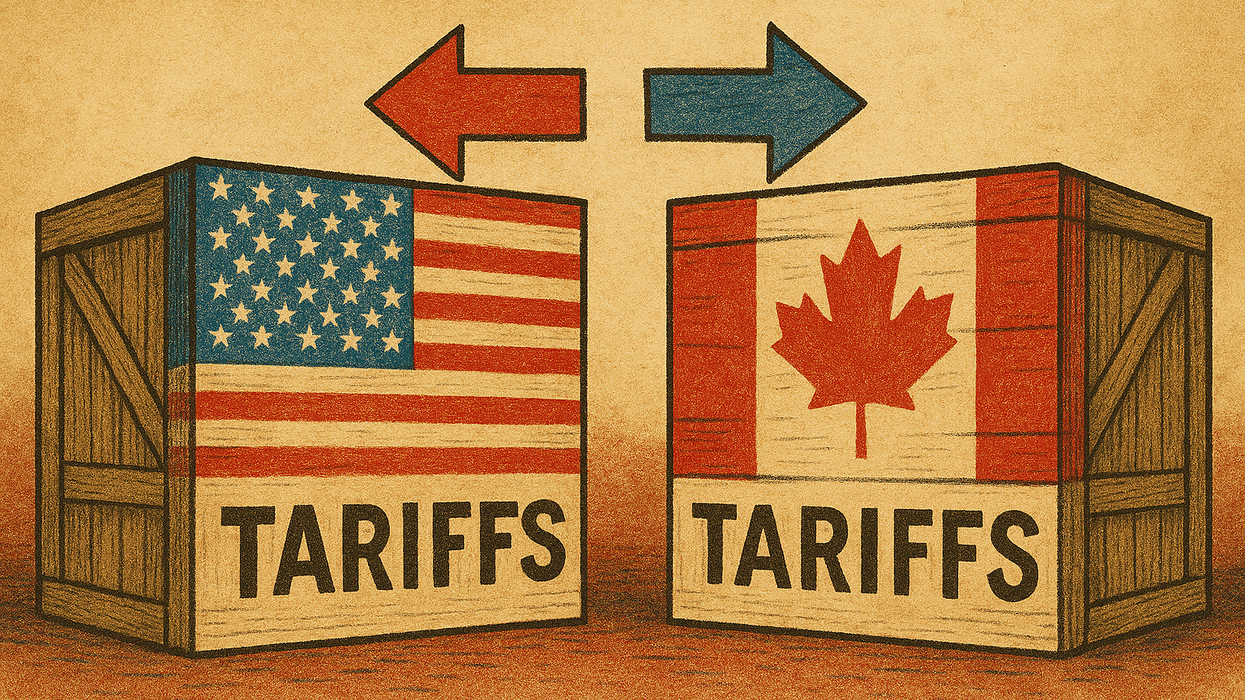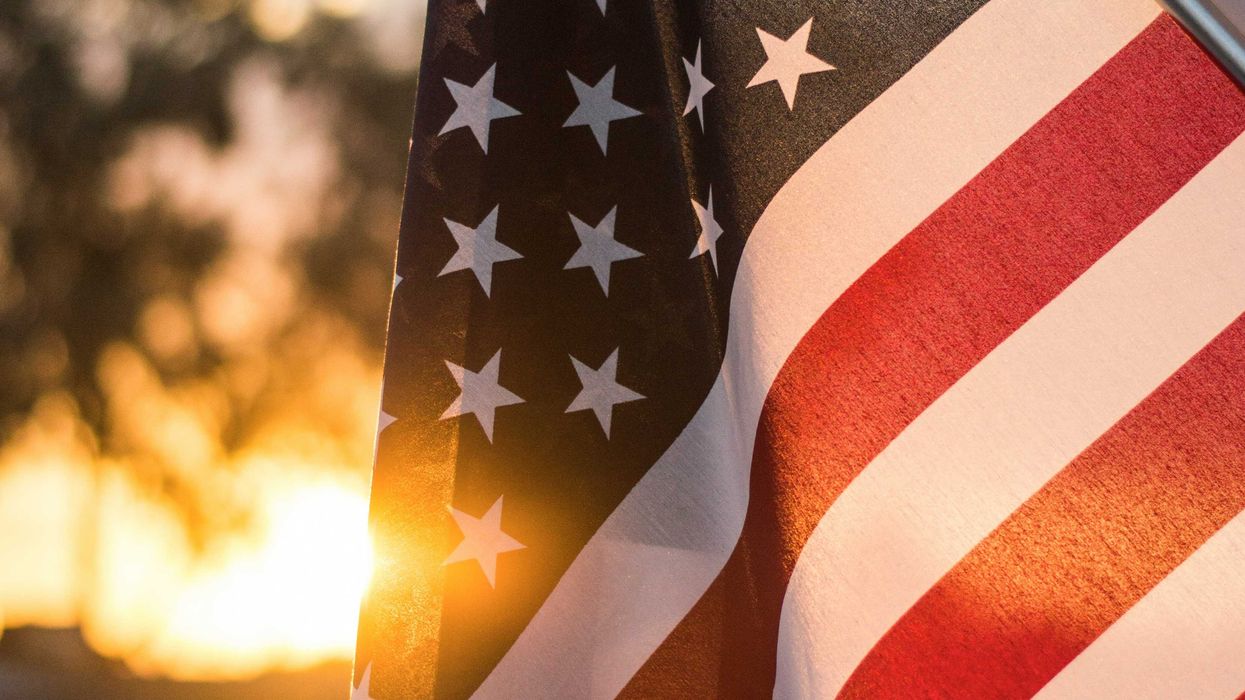Goldstone’s most recent book is "On Account of Race: The Supreme Court, White Supremacy, and the Ravaging of African American Voting Rights."
Russia’s invasion of Ukraine shocked the world. It should not have. Vladimir Putin has been threatening Ukraine for years. To support those threats, Russian media has dutifully featured ludicrous, fabricated tales of Ukrainian misdeeds and even atrocities against beleaguered Russians, and he has asserted that a nation with a Jewish president whose relatives died in the Holocaust was run by Nazis.
Few outside Putin’s orbit believed these assertions but nor were they widely challenged as long as Putin’s territorial ambitions seemed to remain modest — a Crimea here, a South Ossetia there. Western leaders hoped Putin would somehow be dissuaded from more drastic military action — that cooler heads would prevail — forgetting that in Russia there is only one head that matters.
The economic and political fallout of Putin’s war might not be fully known for months, perhaps years, but the mere fact of the invasion reveals a good deal about the perils of investing almost total power in a single person. These perils need to be taken to heart because it has become fashionable in some corners of American society to romanticize autocrats, Putin in particular. Donald Trump recently called him a “genius,” while former Secretary of State Mike Pompeo admitted to having “enormous respect” for Putin, and Fox News host Tucker Carlson instructed his viewers to ask themselves why some Americans “hate Putin so much.”
To many on the right, power has become the only political currency worth cultivating, and few world leaders more personify the willingness to achieve supremacy by destroying one’s enemies and betraying one’s allies without regard to moral niceties than Vladimir Putin. Trump, whose mentor was Roy Cohn, another ruthless, power-hungry, amoral reprobate, clearly views Putin as a role model. To Trump and his supporters, many of them officials in federal, state and local governments, a strong, decisive leader unfettered by a recalcitrant legislature or a vibrant judiciary is the only salvation for a nation they see as having descended into a hopeless morass of immorality, godlessness and, most of all, weakness.
And so, Putin was not only allowed to escape unscathed from brutal attacks in Syria, Chechnya and Crimea, but was in fact hailed as a man who put his Country First, regardless of the impact on world order or the fundamental freedoms of those Russians who disagreed with his policies. That he threw aside constitutional guarantees and seized power indefinitely only increased his allure. Here was a leader who promised to miraculously solve the nation’s problems — “Only I can do it” — and mercilessly took every step necessary to achieve his vision.
Putin’s appeal to those Americans frustrated with a government that fails to reflect their ideology or values is not difficult to understand. Autocrats can be remarkably successful, at least at first, especially in political environments that seem stagnant or dysfunctional. Autocrats can demand rather cajole; make threats that are not idle; appoint talented officials and fire incompetent ones. While political freedom might be restricted, free speech curtailed and critical media outlets closed, increased prosperity, a stronger military and elevated national pride make the limits on individual liberty a tolerable price to pay. This becomes doubly true when the most severe restrictions are foisted on those considered at the fringes of society, which may include racial or ethnic minorities, those of different gender orientations, or simply citizens who believe that lively debate is a better way to run a government than decree.
And so, because of what has been perceived as the success of autocrats such as Putin, China’s Xi Jinping, and Hungary’s Viktor Orbán, the United States is currently flirting with abandoning democratic principles to perhaps the greatest degree in its history. Even during the Depression of the 1930s, when Hitler and Mussolini seemed to be proving that strong, top-down leadership could “get things done,” jump-start an economy, and raise a nation’s pride and status in world affairs more effectively than slow, unwieldy democracy, fascism largely remained a fringe ideology in the United States. But Trump convinced many Americans that democracy, as has been practiced for much of the nation’s history, was destroying both the country’s moral fiber — quite ironic considering Trump’s own moral standing — and its position as the most powerful nation in the world.
But Putin’s reckless attack on Ukraine — which promises, regardless of the military outcome, to set the Russian economy back years if not decades, spawn a long and bloody insurgency in any territory he might conquer, and spur widespread dissent at home — points up the single most glaring risk of turning power over to any one person, regardless of how competent they seem or charismatic they may be.
Once in power, autocrats are difficult, if not impossible, to get rid of.
In Putin’s Russia, many of those in a burgeoning middle class who once supported him — his approval rating at one point was near 70 percent — will bear the brunt of his incredible miscalculation. They will likely evince surprise that their once wily leader has committed such a colossal blunder. But how can there be surprise that a leader whose vanity was stoked by adoring admirers has allowed that vanity to lead him into such an obvious and potentially fatal trap?
There was a time when hundreds of thousands of ordinary Russians protested Putin’s overturning of nascent democratic norms in Russia. They were arrested, jailed and sometimes murdered, but most Russians stood by without protesting because Putin seemed to be making their country stronger, more prosperous, and once again feared by the rest of the world. Now they will be forced to endure a far weaker, far less prosperous Russia that is reviled by the rest of the world.
Those Russians who abandoned their civic responsibility, failed to attempt to maintain the freedoms that had been so tortuously won, will now bear the consequences. Let us hope that Putin’s misadventure has taught Americans not to make the same mistake.


